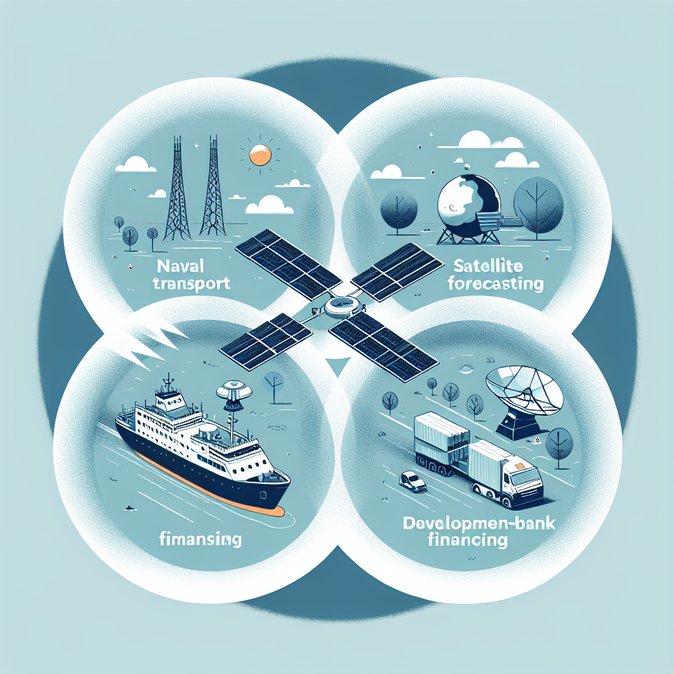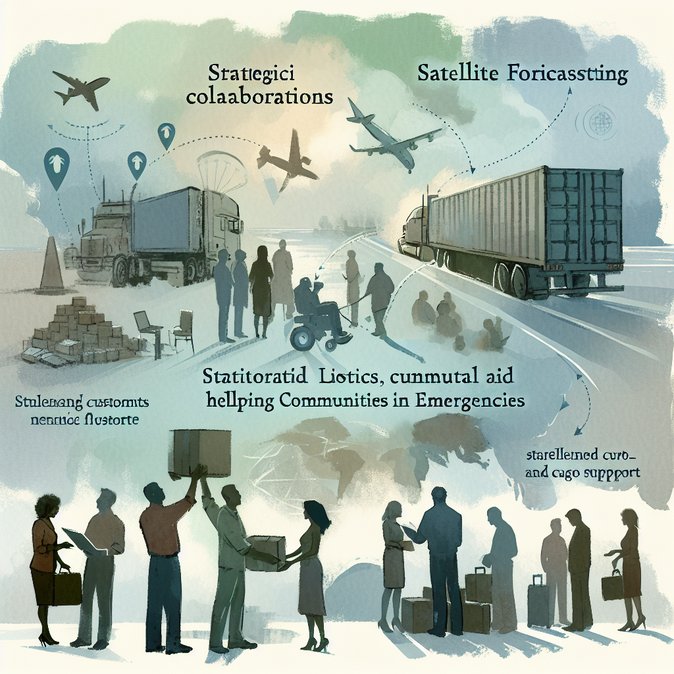
On 8 November Brazil’s Ministry of Science, Technology and Innovation (MCTI), the Navy’s disaster-response command (Cemaden) and state-development bank BNDES signed a protocol aboard the amphibious carrier Atlântico in Belém. The agreement commits up to R$ 100 million (US$ 19 million) for joint forecasting, transport and communications systems aimed at rapid deployment of people and supplies when climate-related disasters strike—a capability immediately relevant to the tens of thousands of COP30 visitors and, longer term, to expatriate communities across Brazil’s vast interior.
Under the deal, the Navy will provide its sealift vessels and helicopter fleet as mobile logistics hubs, while Cemaden integrates satellite-based early-warning data with MCTI’s supercomputing resources. BNDES will finance dual-use infrastructure—field hospitals, drone-mapping kits and portable communications towers—that can pivot from conference support to emergency relief within 48 hours. During COP30, the coalition will stage a live exercise simulating the evacuation of 1,200 foreign delegates from flooded river islands, testing bilingual alert messaging and biometric manifest tracking.
![Brazil signs Navy–Science–Bank alliance to speed disaster-response logistics during COP30 and future crises]()
For multinational companies operating in Brazil, the protocol strengthens supply-chain resilience by promising priority lanes for humanitarian and commercial cargo in federally declared emergencies. The Navy confirmed that new “green corridors” along the Amazon and Tocantins waterways will receive streamlined customs clearance, potentially cutting diversion times for project cargo by up to 36 hours.
Analysts see the move as part of Brazil’s wider push to align climate diplomacy with hard-infrastructure investments ahead of a forecast El Niño season. The inclusion of BNDES is significant: the bank can now extend low-interest credit to foreign logistics providers that base equipment in Brazil, making it easier for relocation firms and air-ambulance operators to scale nationwide.
Global-mobility teams should monitor the regulatory follow-up: a slated inter-ministerial ordinance will clarify when emergency lanes override standard import-licence requirements—a change that could simplify the temporary admission of specialised vehicles and medical gear needed for corporate expatriate support.
Under the deal, the Navy will provide its sealift vessels and helicopter fleet as mobile logistics hubs, while Cemaden integrates satellite-based early-warning data with MCTI’s supercomputing resources. BNDES will finance dual-use infrastructure—field hospitals, drone-mapping kits and portable communications towers—that can pivot from conference support to emergency relief within 48 hours. During COP30, the coalition will stage a live exercise simulating the evacuation of 1,200 foreign delegates from flooded river islands, testing bilingual alert messaging and biometric manifest tracking.

For multinational companies operating in Brazil, the protocol strengthens supply-chain resilience by promising priority lanes for humanitarian and commercial cargo in federally declared emergencies. The Navy confirmed that new “green corridors” along the Amazon and Tocantins waterways will receive streamlined customs clearance, potentially cutting diversion times for project cargo by up to 36 hours.
Analysts see the move as part of Brazil’s wider push to align climate diplomacy with hard-infrastructure investments ahead of a forecast El Niño season. The inclusion of BNDES is significant: the bank can now extend low-interest credit to foreign logistics providers that base equipment in Brazil, making it easier for relocation firms and air-ambulance operators to scale nationwide.
Global-mobility teams should monitor the regulatory follow-up: a slated inter-ministerial ordinance will clarify when emergency lanes override standard import-licence requirements—a change that could simplify the temporary admission of specialised vehicles and medical gear needed for corporate expatriate support.











